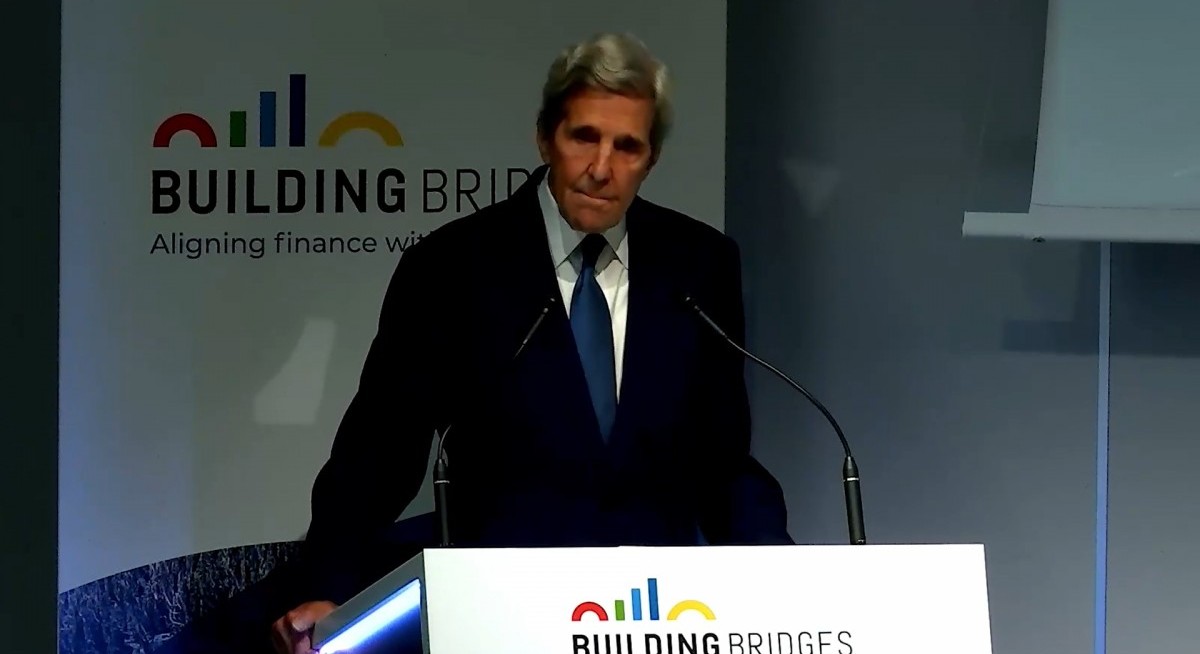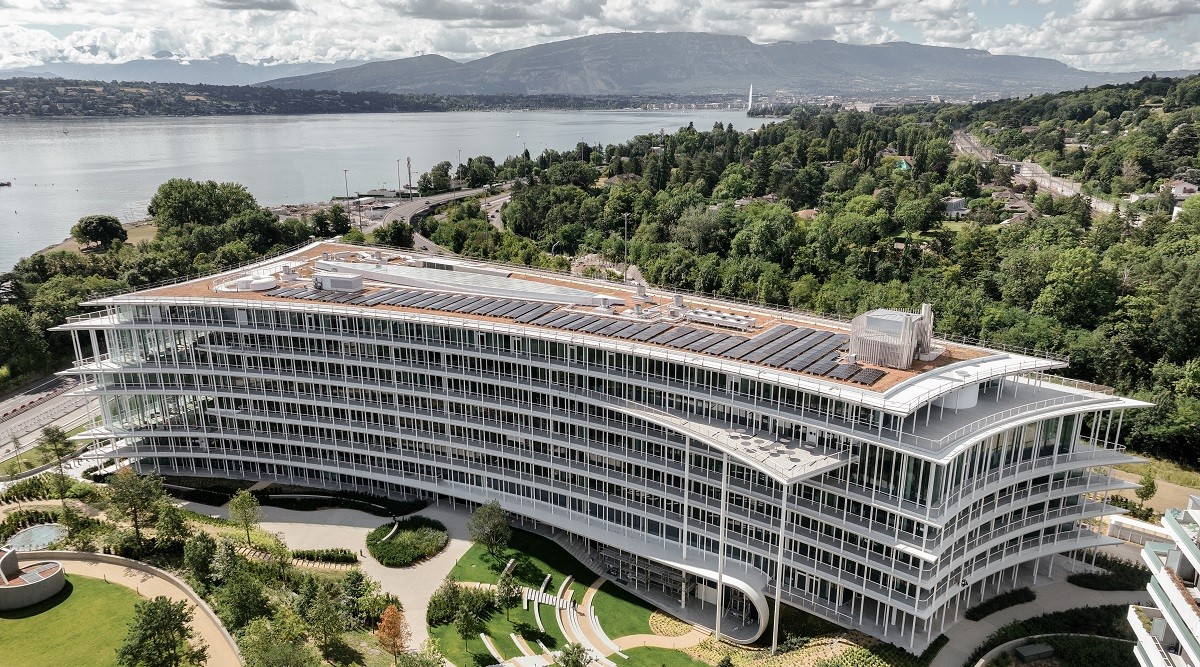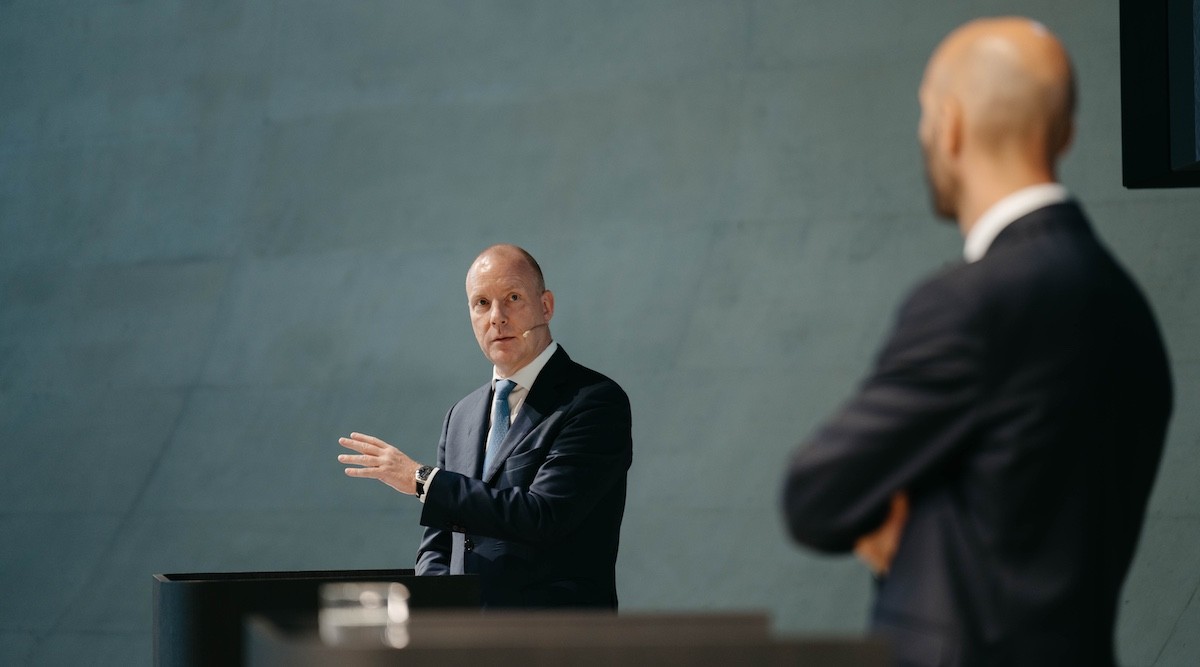‘Soul-searching’ needed
There is “no doubt” that sustainable investing is “certainly a topic that is no longer as easy to discuss or engage with”, says Hubert Keller, senior managing partner at Lombard Odier.See also: A decade with the SFF
See also: Singapore Fintech Festival’s 10th edition drew over 70,000 participants from over 142 countries










